1. “Come On Down!” – The Price Is Right
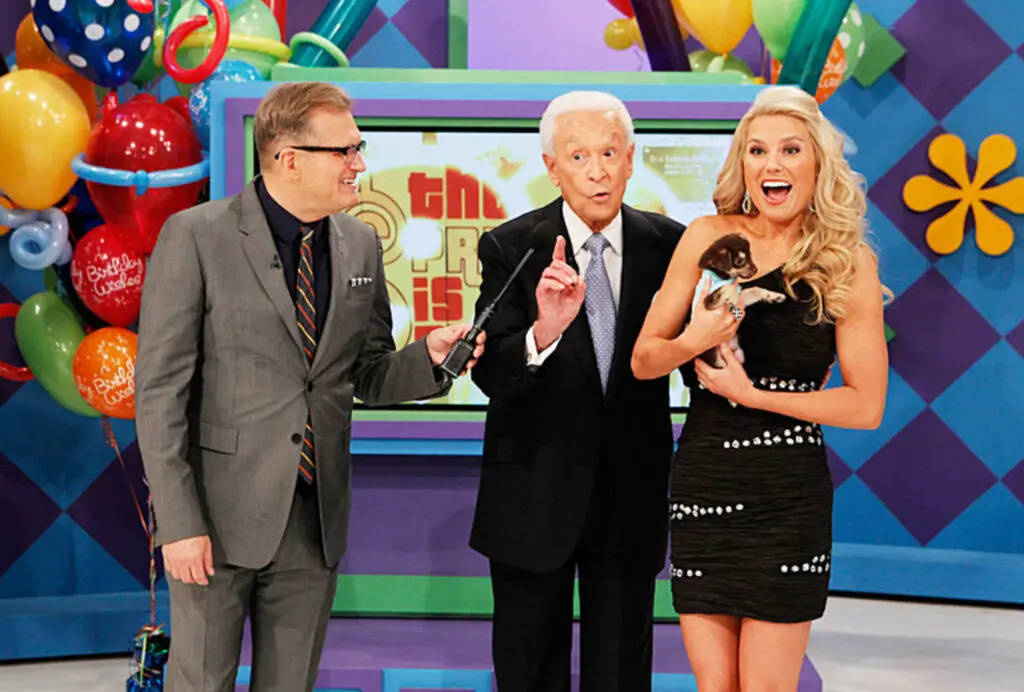
On the surface, “Come on down!” from The Price Is Right is just an enthusiastic call for the next contestant. But if you think about it, the phrase has a cheeky undertone that made more than a few viewers smirk. In the 1970s and ’80s, when double entendres were often slipped into everyday language, this phrase could be interpreted in a playful, suggestive way. Host Bob Barker delivered it with such excitement that it almost sounded like an invitation to something more than just bidding on a washing machine.
It wasn’t intentional, of course, but that’s what makes it so fun in retrospect. The line has become so iconic that it’s practically impossible not to say it with a little grin. Generations of fans now repeat it without realizing its subtle double meaning. And while contestants were busy running down the aisle, the rest of us at home might have been giggling for a different reason.
2. “Kiss My Grits!” – Alice
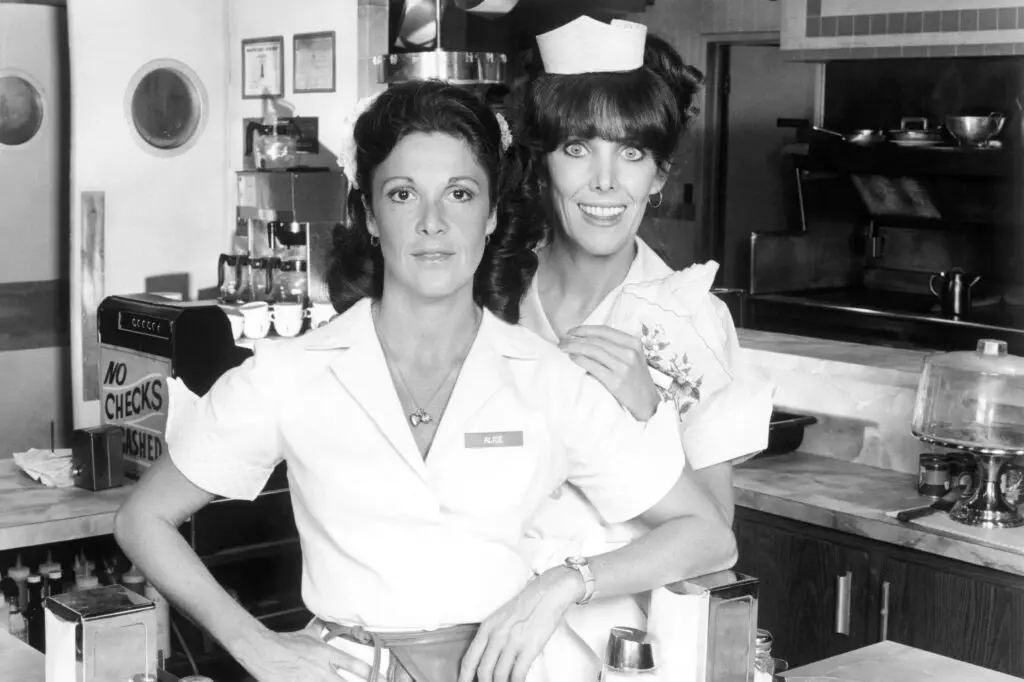
When Flo from Alice would sass her boss with “Kiss my grits!,” it sounded like a harmless Southern quip. But if you listen closely, it doesn’t take much imagination to see why the phrase raised eyebrows. It wasn’t just the tone—it was that unmistakable smirk and the playful way actress Polly Holliday delivered it. “Grits” may be breakfast food, but the phrase clearly wasn’t about dining etiquette.
The writers knew they were pushing the boundaries, and audiences loved every second of it. Flo’s bold attitude and quick wit made her the standout character, and this phrase cemented her as a TV icon. Even kids watching with their parents would pick up on the fact that there was something “grown-up” about it. It’s the perfect example of how sitcoms snuck in humor that played on two levels.
3. “Sock It to Me!” – Rowan & Martin’s Laugh-In
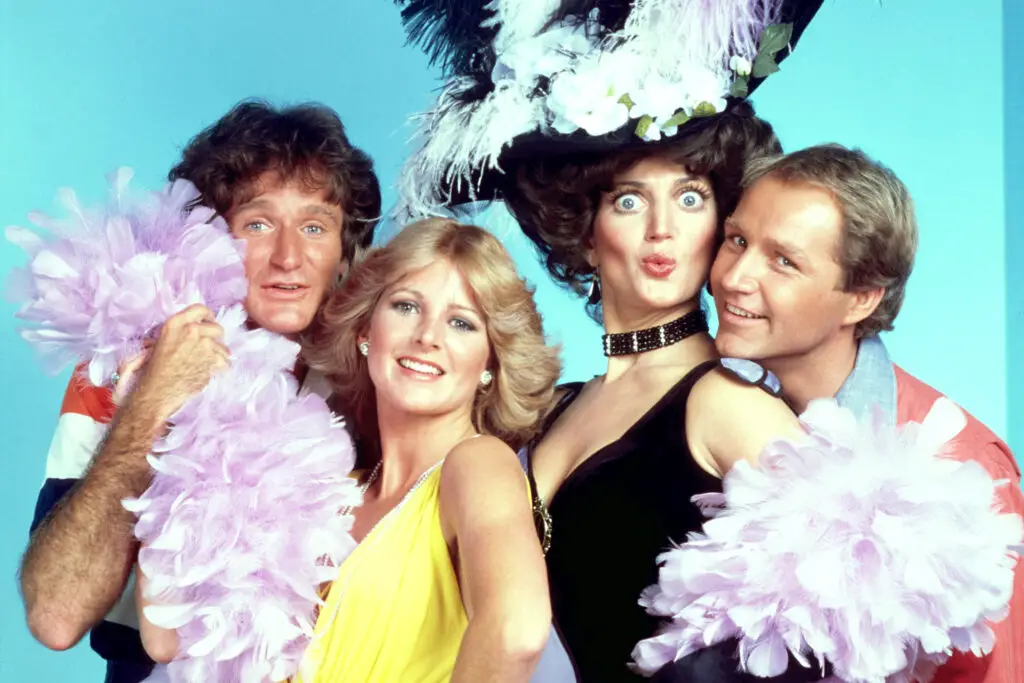
“Sock it to me!” from Laugh-In was one of those catchphrases that adults and kids repeated endlessly. It sounded innocent enough, like asking for a punchline or a joke. But the delivery from cast members, especially when Goldie Hawn or Judy Carne said it, left little doubt that there was a flirtatious wink involved. It was the 1960s, after all, and TV comedy was starting to get a little risqué.
The phrase took on a life of its own, even making its way into politics when Richard Nixon awkwardly said it on the show. While he may not have caught the suggestive side of the phrase, audiences certainly did. It was a prime example of humor that worked for all ages while slyly nodding to the adults in the room. Looking back, “Sock it to me!” might be one of the most brilliantly sneaky double entendres on television.
4. “Come and Knock on Our Door” – Three’s Company
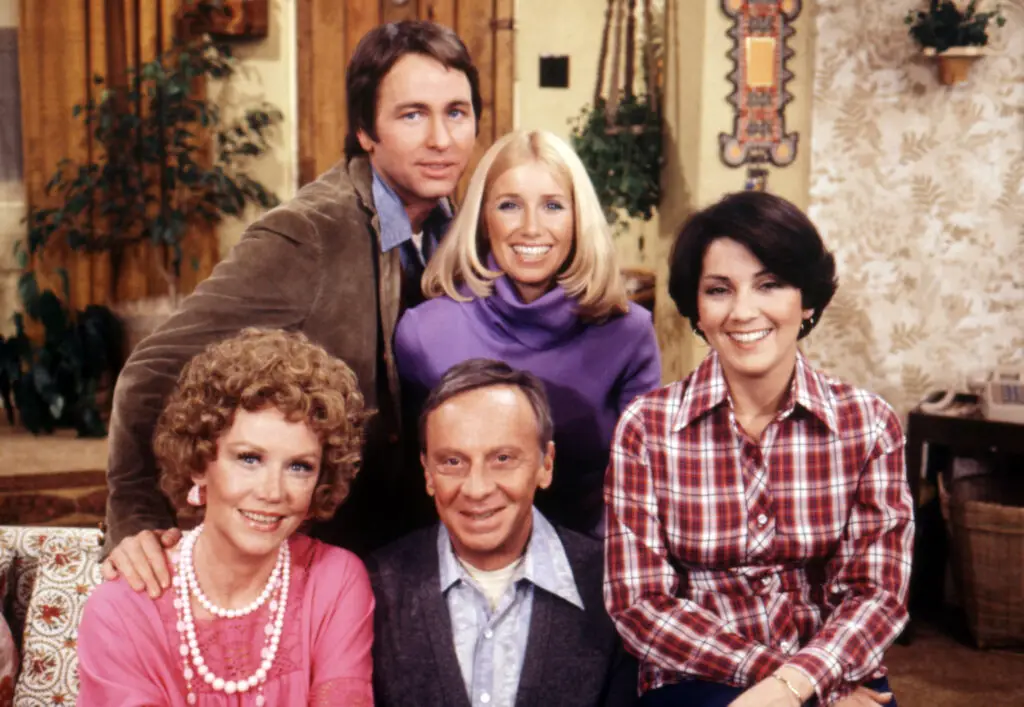
The opening line of the Three’s Company theme song—“Come and knock on our door”—was meant to be friendly and inviting. But with the show’s premise being all about misunderstanding and innuendo, even the theme had a bit of a wink to it. Jack Tripper’s antics often revolved around suggestive humor, and that line fit right in with the tone. It almost sounded like a playful invitation to something more than a cup of sugar.
Audiences knew exactly what they were in for when they heard it. The mix of suggestive humor and innocent charm made Three’s Company stand out during its run. That opening lyric set the mood perfectly, promising laughs with just a hint of mischief. It’s no wonder the show remains a classic for its lighthearted approach to risqué comedy.
5. “A Little Dab’ll Do Ya” – Brylcreem Ads
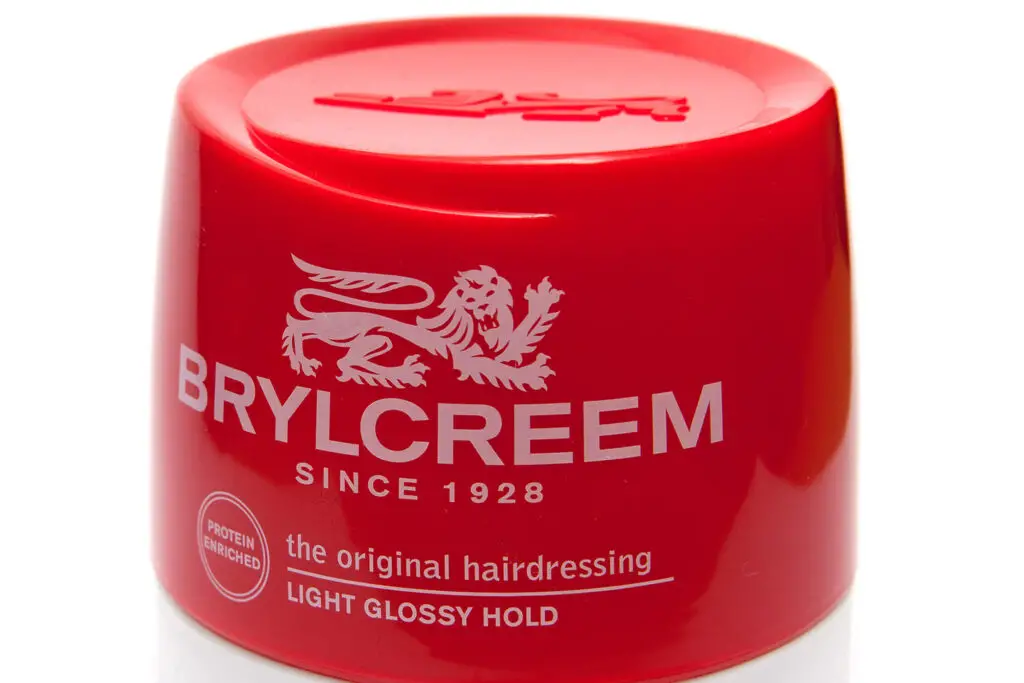
While not from a TV show exactly, Brylcreem commercials aired so frequently during popular programs that their slogan became a household phrase. “A little dab’ll do ya” was talking about hair cream, but the delivery made it sound far naughtier. The sly tone of the voiceovers and the suave men in the ads added to the double meaning. It was a phrase that stuck in people’s heads for all sorts of reasons.
The slogan became a part of pop culture, even being parodied on shows like The Flintstones and The Simpsons. Viewers knew the company was pushing the line between clever and suggestive, and that’s exactly why it worked. It’s a perfect reminder of how mid-century advertising wasn’t afraid to be cheeky. In some ways, that slogan is still better remembered than the product itself.
6. “Yabba Dabba Doo!” – The Flintstones
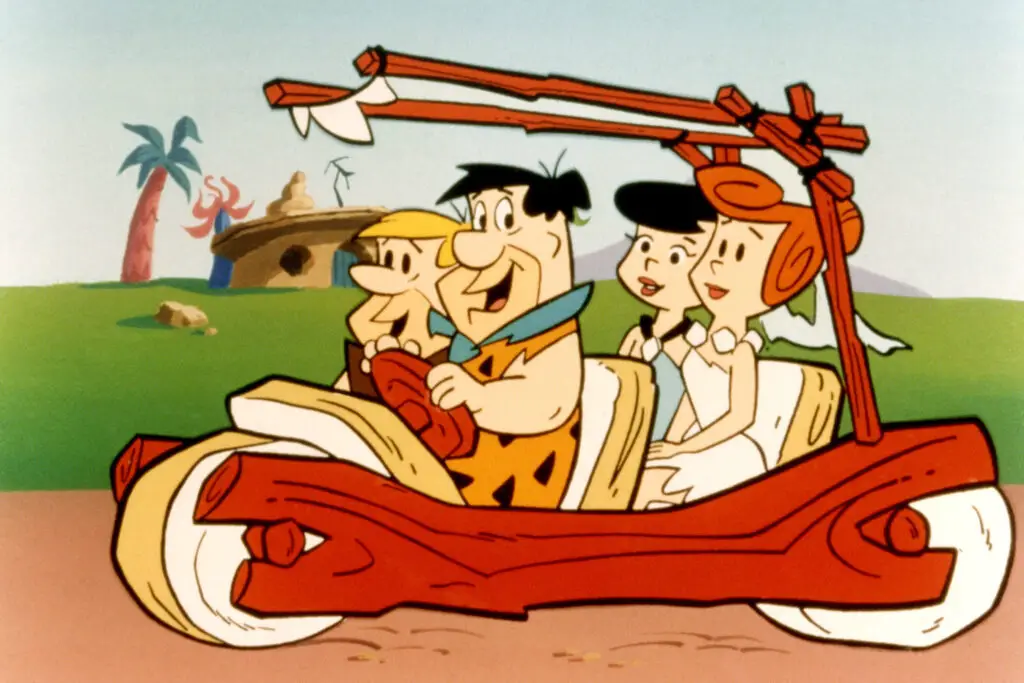
Fred Flintstone’s famous “Yabba Dabba Doo!” sounds like pure, goofy fun at first. But the tone and timing of when he said it often hinted at more than just excitement. It was frequently shouted when Fred was thrilled about a night out or something that felt indulgent, which gave the phrase a playful, almost adult twist. It’s the kind of exclamation that kids loved without understanding the double meaning adults chuckled at.
The writers were smart about slipping in humor that worked on both levels. While Fred and Wilma’s relationship was always wholesome enough for prime time, their banter wasn’t shy about winking at the audience. “Yabba Dabba Doo!” is a great example of how cartoons of the era weren’t just for kids. They were full of little moments that parents got a kick out of.
7. “You Rang?” – The Addams Family
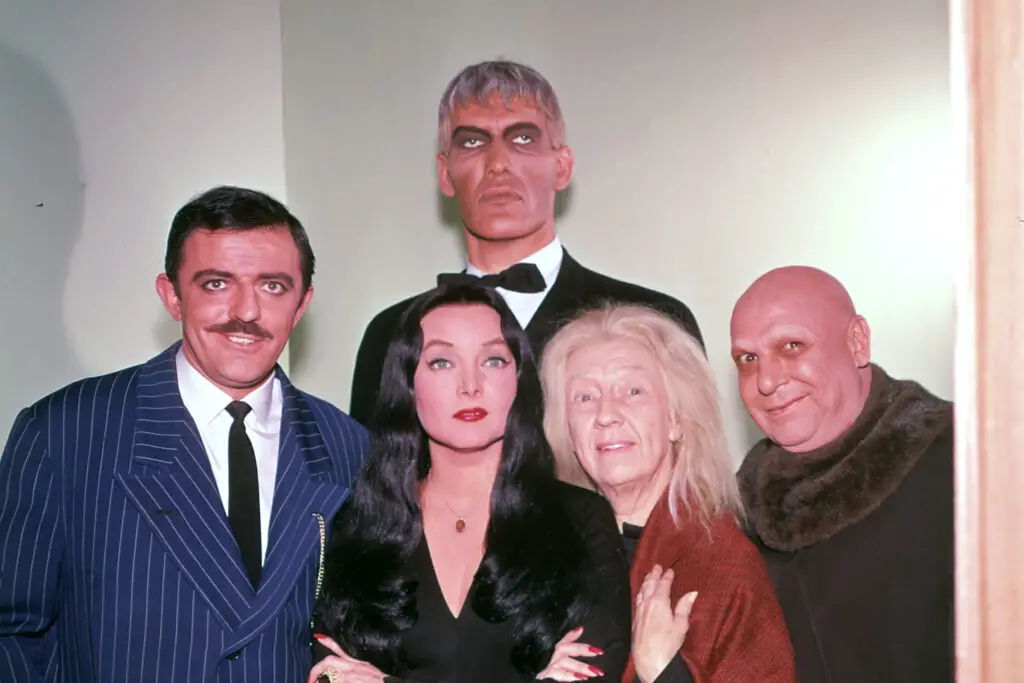
When Lurch, the towering butler from The Addams Family, uttered his slow, deep “You rang?,” there was something oddly suggestive about it. It was delivered with such deliberate, drawn-out emphasis that it sounded like more than just a response to a bell. The deadpan humor of the show thrived on these subtle double meanings.
Fans of the series loved how the Addams family operated on their own bizarre wavelength, with jokes that could be interpreted in more than one way. Lurch’s signature line is a perfect example of how a simple phrase could become layered with humor. While kids might have found it funny just because of his spooky delivery, adults picked up on the sly undertones. It’s one of those classic TV moments that still feels clever today.
8. “We’re Moving On Up” – The Jeffersons
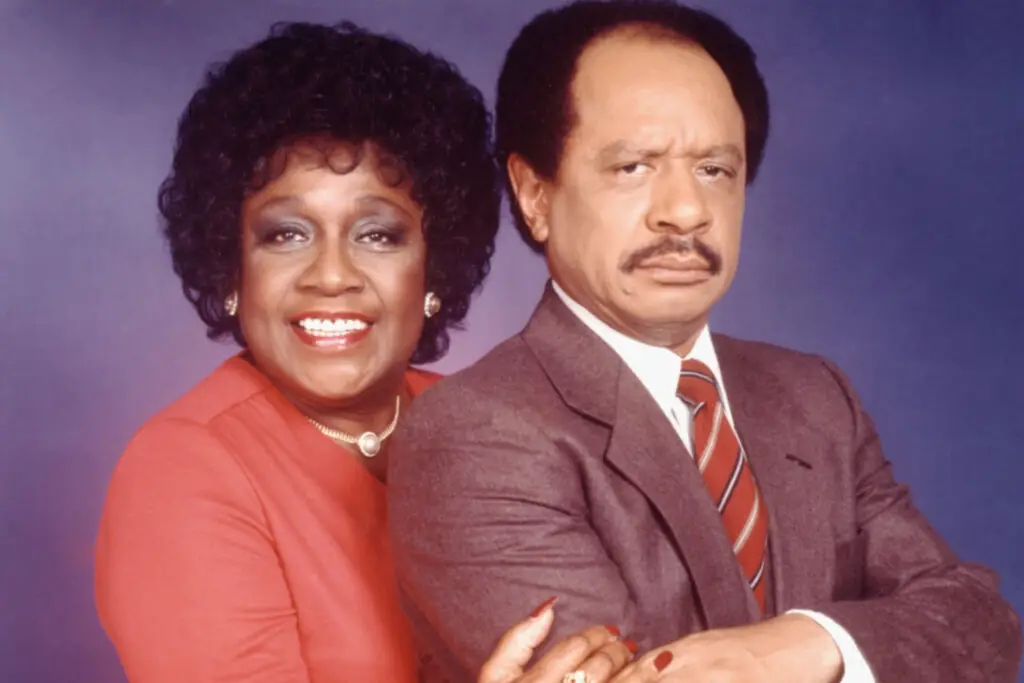
The theme song for The Jeffersons—especially the line “We’re moving on up”—was all about celebrating success. But with its lively delivery and joyful tone, some listeners couldn’t help but interpret a playful secondary meaning. In a way, it sounded like more than just climbing the social ladder. Combined with George Jefferson’s swagger and sharp-tongued humor, the phrase carried a cheeky confidence.
The upbeat energy of the song made it iconic, and audiences loved to sing along. While the writers probably didn’t intend for the phrase to be a double entendre, it didn’t take much imagination for fans to grin at the idea. The Jeffersons were bold, and so was their theme song. It remains one of the most memorable opening lines in sitcom history.
